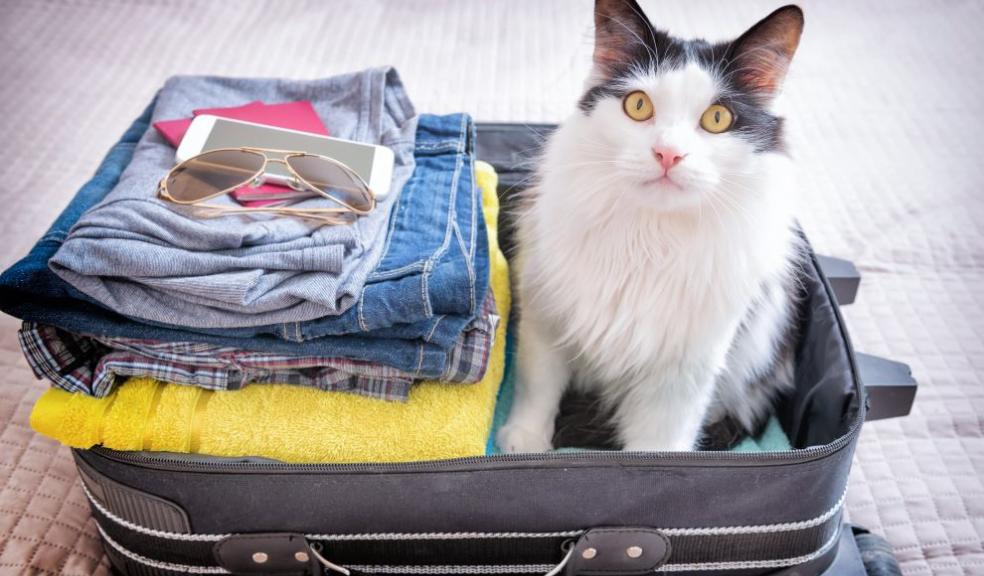
Top tips for moving abroad with pets
Are you planning to move abroad with a furry friend? If so, you’re probably wondering what paperwork you’ll need, the rules and restrictions involved, and most importantly, how to keep your pet happy on their travels. Erin Harding from Property Guides explains more.
Should you use a pet relocation company?
Sometimes, when transporting certain animals long haul, you’ll be required to use a pet relocation company. However, if you have the choice, should you use a relocation company or arrange everything yourself?
If you don’t have the means to transport your pet to and from the airport, if there are logistics that will be difficult with a language barrier and/or if your pet needs to quarantine on arrival, a pet relocation company could save you a lot of time and hassle. They can take your pet from the airport and pick them up at the other end, which may be especially useful if they’re quarantining in a different location.
A pet relocation company will also be handy If you’re unsure about the rules for transporting your pet, especially to somewhere like Australia where there are lots of restrictions. They should be able to guide you through the rules at both ends, although it’s worth doubling checking that they’re familiar with the rules in your destination country.
However, using a company like this can be costly. So, if you’ve done your research, you’re feeling confident and everything seems quite straightforward, you could save yourself the extra cost and organise everything yourself. For shorter journeys within the EU, the process is generally quite simple.
What certification do I need?
From 1 January 2021, pet passports were no longer valid for dogs, cats, and other animals registered in Great Britain and Northern Ireland.
So, to travel to the EU with a pet, including guide dogs, you will now need either an Animal Health Certificate, if your pet is travelling within 5 days of your own journey, or an Export Health Certificate, if your pet is travelling more than 5 days before or after your journey.
An Animal Health Certificate or Export Health Certificate should be issued by your vet no more than 10 days before you travel. You will also need to confirm that your pet is microchipped and vaccinated against rabies to get the certificate, which has to be signed off by an ‘official veterinarian’. These are valid for four months for any onward travel within the EU.
If you are moving further afield, you’ll need to check the requirements for the country you’re travelling to. When flying, the UK requires pets to be transported as cargo, in a crate. Make sure to speak to the airline about the size of the crate and any special requirements.
Preparing your pet
If you are planning to transport your pet by aeroplane, it is a good idea to ensure that they are crate trained before you set off. Fill the crate with their favourite toys and if possible, get a crate that’s large enough for the animal to turn around in. Make sure you’re clued up about crate restrictions and the rules for transporting your pet in general.
On the day of travel, it’s a good idea to let your pet get plenty of exercise before you head off. As well as this, if your pet is prone to anxiety, talk to your vet about other ways to calm them down before and during the trip.
You may be moving to a country with a very different climate to home and understandably, this could be a shock for your animal when they arrive! It may be best to travel at a time of year when the weather is most like your own. This will give your four-legged friend a chance to acclimatise, which will be more than beneficial for their health and wellbeing. And a happy pet equals a happy owner!







